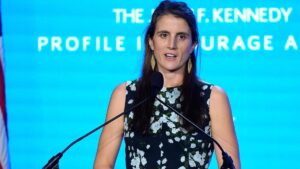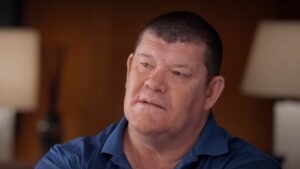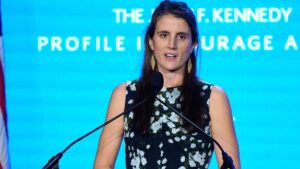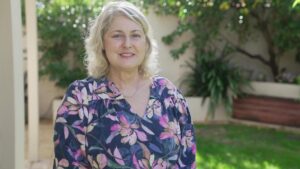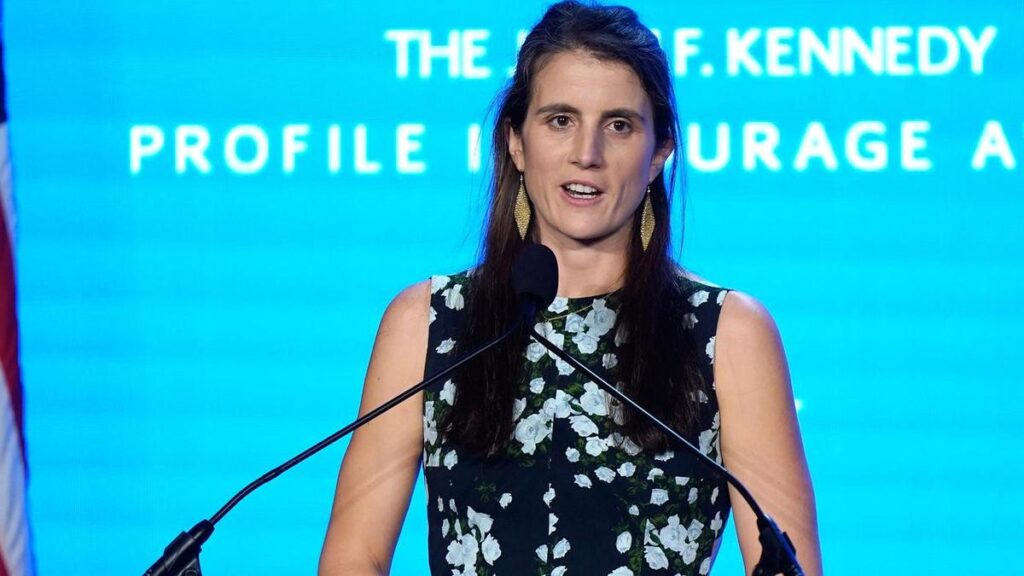
Tatiana Schlossberg, the granddaughter of former United States President John F. Kennedy, has publicly disclosed her battle with terminal cancer. In an essay published in The New Yorker, she revealed her diagnosis of acute myeloid leukemia with a rare mutation, which was identified in May 2024, shortly after the birth of her second child. At 34 years old, Schlossberg learned from her doctor that she might have approximately one year left to live.
The daughter of former US ambassador to Australia Caroline Kennedy and Edwin Schlossberg described her health journey, which has included multiple rounds of chemotherapy and two stem cell transplants. The first transplant utilized cells from her sister, while the second involved an unrelated donor. Schlossberg has also participated in clinical trials, during which her doctor indicated that he could potentially extend her life for another year.
Personal Reflections Amidst Public Life
In her essay, Schlossberg expressed deep concerns about her legacy, particularly regarding her children, a daughter and a son. She fears they may not remember her and lamented the possibility of not experiencing the life she envisioned with her husband, George Moran. As she navigates her illness, she noted the emotional toll it has taken on her family, revealing that while her parents and siblings attempt to conceal their pain, she feels their suffering acutely.
Schlossberg also reflected on her cousin, Robert F. Kennedy Jr., who has gained national attention through his presidential campaign and his role as former President Donald Trump’s Health and Human Services Secretary. She criticized Kennedy’s policies, suggesting they could negatively impact cancer patients like herself. She highlighted a significant decision he made to cut nearly $500 million from research funding for mRNA vaccines, a technology that could hold promise for combating certain cancers.
Facing the Future
On the anniversary of her grandfather’s assassination, Schlossberg’s essay resonated with readers, as she candidly shared her fears and sadness. “For my whole life, I have tried to be good, to be a good student and a good sister and a good daughter, and to protect my mother and never make her upset or angry,” she wrote. She poignantly added, “Now I have added a new tragedy to her life, to our family’s life, and there’s nothing I can do to stop it.”
This heartfelt narrative not only sheds light on her personal struggles but also raises awareness about the broader implications of healthcare policies on individuals facing serious illnesses. As Schlossberg continues her health battle, her reflections serve as a reminder of the human impact behind medical statistics and political decisions.



